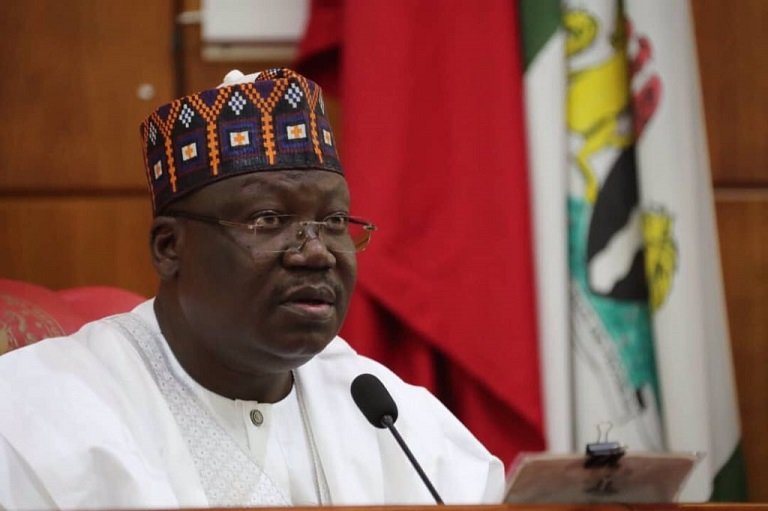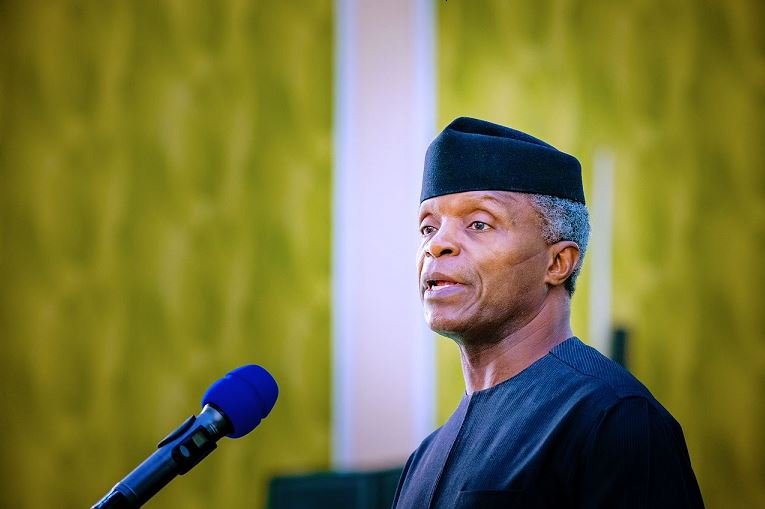Nigeria’s Senate on Thursday passed a record 10.59 trillion naira ($34.72 billion) budget for 2020, paving the way for a likely return to the international debt market next year as the country struggles to shake off the impact of a recession.
President Muhammadu Buhari had in October presented a N10.33 trillion budget for the 2020 fiscal year.
The House of Representatives had increased the 2020 budget from N10.33 trillion to N10.59 trillion.
The budget for Africa’s biggest economy passed by parliament’s upper house assumes a deficit of 1.52% of the estimated gross domestic product – representing around 2.18 trillion naira – to be financed through foreign and domestic borrowing.
In 2019, the debt office said it did not tap the international debt market because of time constraints before the end of its budget cycle. The West African country held its last Eurobond sale in 2018, its sixth outing, where it raised $2.86 billion.
Nigeria emerged from a 2016 recession the following year but has struggled to boost growth. Ratings agency Moody’s downgraded the country’s outlook to negative from stable on Wednesday, citing an increased risk to government revenue.
The plan lawmakers approved assumes crude production of 2.18 million barrels a day and an oil price of $57 per barrel. Nigeria is Africa’s top oil producer.
The spending plan, which includes a value-added tax increase from 5% to 7.5%, is up from the 8.83 trillion-naira budget for 2019 and tops the previous record spending plan, the 9.12 trillion-naira budget for 2018.
Lawmakers in the upper chamber increased the budget from the 10.33 trillion-naira spending plan presented to them in October by President Muhammadu Buhari. It must also be passed by the lower chamber, after which Buhari must agree to the revised plan before signing it into law.











